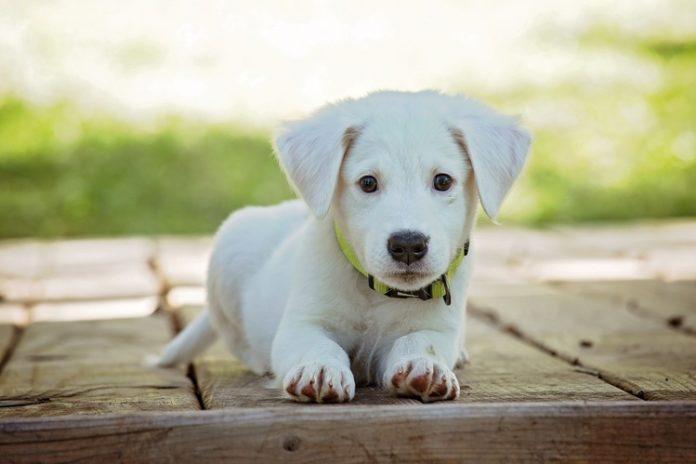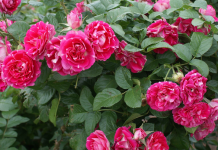The average plot size of new properties is ever-shrinking which makes a neatly manicured back garden one of the biggest draw cards for potential buyers.
According to Adrian Goslett, of RE/MAX, those who choose to leave their back garden space poorly maintained are missing out on a huge opportunity to add value to their property.
However, for those who own pets, maintaining a back-garden might be easier said than done.
“For homeowners, pet-proofing a garden requires a double-sided approach. On the one side, homeowners need to protect their garden against their pet. On the other, homeowners need to protect their pet against their garden,” Goslett advised.
Selective planting
Homeowners ought to be very selective when choosing what to plant in their backyard. Certain plants and fertilisers are actually toxic if consumed by pets. Others (such as citrus or chili plants) can act as natural repellents that will keep your pet out of your flowerbeds. Do your research beforehand or chat to an expert at your local garden store to find out which is which.
Designated play zones
Homeowners should make it clear to their pet which areas are out of bounds and which are entirely their own. For example, homeowners can put up chicken-wire fence or decorative flowerbed walls to keep pets out of their garden beds. They can also create a designated sand pit and leave their pet’s chew toys inside to let Fluffy know that’s his space to dig and play as he pleases.
Pet appropriate furniture
To keep your pet from chewing up your outdoor furniture, avoid wooden deck chairs and tables and opt instead for aluminium or iron furniture.
It might also help to set up a pet bed next to your outdoor set so that your furry companion has a spot of his very own.
However you choose to go about pet-proofing your garden, Goslett encouraged homeowners never to sacrifice their pet’s health and wellness in order to keep their garden in good condition.
“Responsible pet owners would rather see their garden somewhat unkept than risk their pet getting hurt on spiked flowerbed walls or dangerous pet-repellents. If your garden is more important to you than your pet, then rather avoid adopting any animals.”






